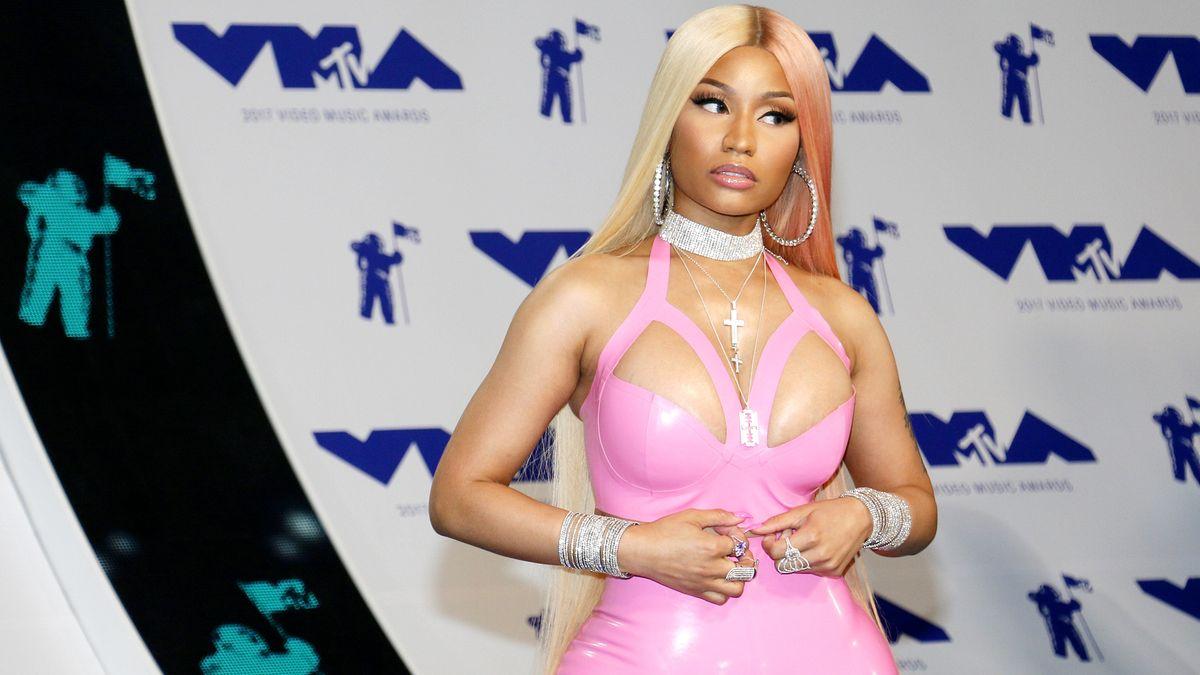Nicki Minaj Loses $450,000 To Tracy Chapman In Copyright Suit
By TheBlast Staff on January 9, 2021 at 4:56 AM EST

Shutterstock | 2914948
Reports recently confirmed that Nicki Minaj has agreed to pay an artist, known as Tracy Chapman, $450,000 to settle a Copyright Lawsuit that was levied against the rapper.
Since 2018, the duo have been at loggerheads with one another about this Copyright issues, as Chapman claimed that the new mom, used some parts of her 1988 single titled “Baby Can I Hold You,” to record a new track.
Initially, when the case was taken to court, Minaj was not found guilty of any Copyright violation, but after her new song “Sorry,” leaked, a new case came to light.
Nicki Minaj Pushed For A Settlement

After “Sorry” leaked, it was apparent that it had violated Chapman's music rights and the case was going to resume in court for a second time.
However, seeing all that she and her team would have to go through during the court proceedings, Minaj decided to make a judgement call.
She insisted that a settlement offer be reached, rather than going to court and Chapman's legal aides agreed to a settlement of $450,000.
Minaj also maintained that she had no idea elements of Chapman's music was sampled in her new song and for that, she decided to do what's right.
Nicki Minaj Had Financial Reasons For Not Going To Court

Sometimes, seeing one step ahead of everyone is one of the best gifts that anyone can have. In the music industry, artistes usually make judgement calls at the wrong time, or let someone make the wrong calls for them.
This translates to how such an artiste does not see a step or steps ahead of what he or she is doing. Speaking of judgement calls, Minaj recently made one, where she had to part ways with $450,000.
Her reason for doing this according to “Pitchfork,” was for financial reasons alone. The rapper knew that it would take more money going to court, than settling, so, she decided to lose a battle, instead of a war.
Tracy Chapman's Thoughts on The Settlement

Per “AV Club,” Chapman gladly accepted the settlement and went on to talk about how grateful she was for the law and the fact that artistes are still considerate of other artistes' rights.
She also mentioned that Minaj approached her many times, about using her songs or elements from it, but the artistes maintained that she decline every time. However, Minaj went ahead and that caused a ruckus; first with a court case and now a settlement.
Chapman also said that she hs always protected her work and has never authorized any form of sampling on her songs. “This lawsuit was a last resort, pursued in an effort to defend myself and my wort...,” Chapman said.
When Did Tracy Chapman's Music Career Begin?

Tracy Chapman, born in Cleveland, Ohio, U.S.A on March 30, 1964, recorded her musical debut when she featured as an opening act for Linda Tillery in Boston, in 1985.
At that time, she was attending Tufts University, where she bagged a degree in Anthropology and African studies. One of her mates, Brian Koppelman heard her sing and called the attention of his music producer father, Charles Koppelman to her.
After graduation, Koppelman helped Chapman secure a record deal with “Elektra Records,” which became the highlight of her career.